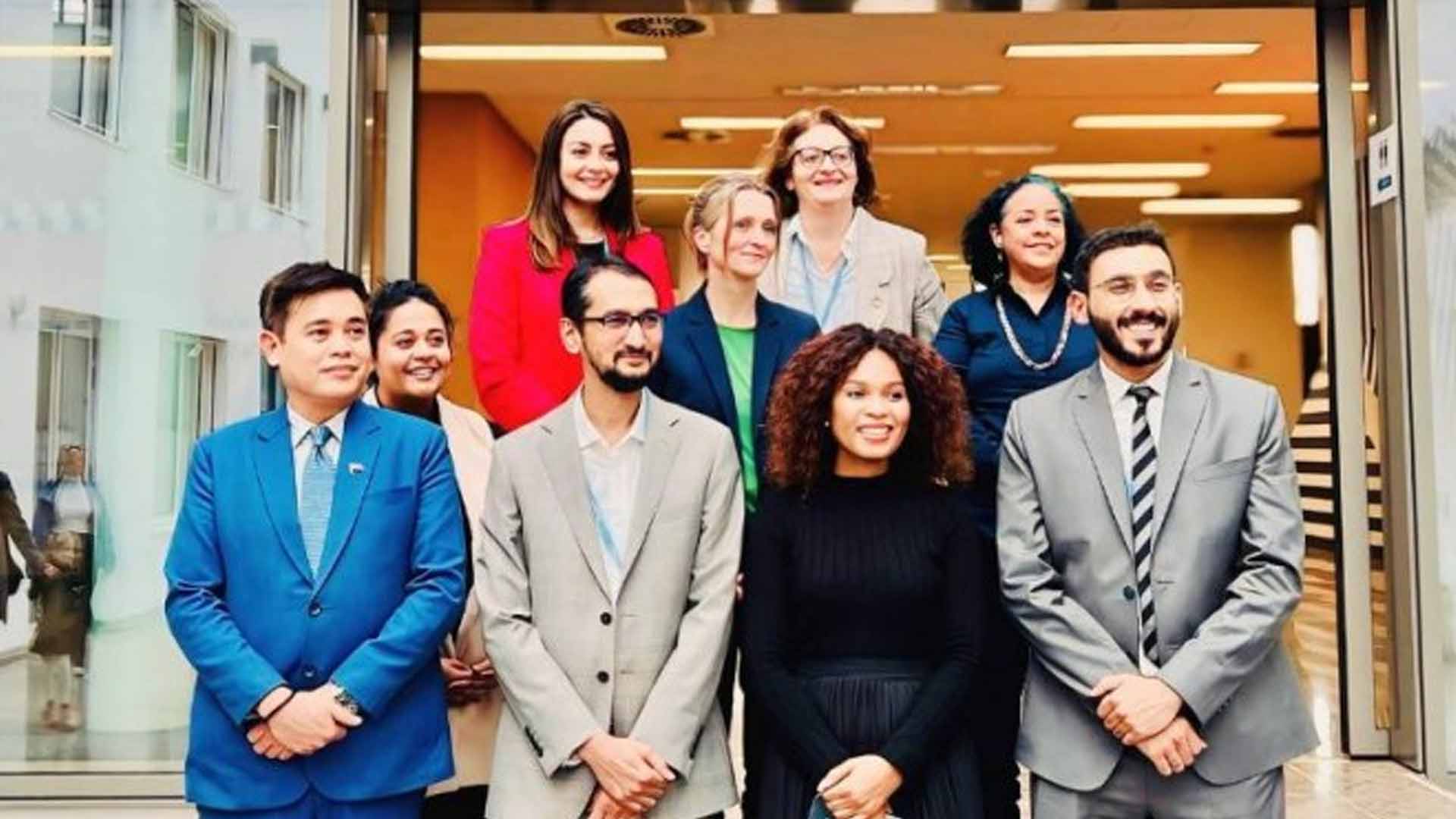Representing developing nations, the Philippines underscored the importance of collaboration, planning, financing, and strategic communication to enhance climate change adaptation action and support.
The Adaptation Committee of the United Nations Framework Convention on Climate Change (UNFCCC) held its 25th meeting here recently to discuss adaptation and support in line with the global stocktake and the new global goal on adaptation framework.
Secretary Robert E.A. Borje of the Philippines’ Climate Change Commission (CCC), a committee member representing non-Annex I countries, discussed the first-hand experiences of developing nations in climate change adaptation.
Borje pointed out the need for close collaboration among all adaptation actors at global, subnational, and national levels, ensuring alignment and coherence in adaptation work.
With only 51 National Adaptation Plan (NAP) submissions by developing countries as of the 2023 UN Climate Change Conference (COP28), he said increased support for adaptation planning and implementation is a critical priority.
“From adaptation planning to implementation, adequate means of implementation and support (MOIs) must be available and accessible for developing nations. To achieve this, strengthening collaboration among countries and stakeholders is crucial, towards alignment and coherence in adaptation actions, and immediate delivery of MOIs by the developed world,” Borje said.
He added that the need to double adaptation finance from 2019 levels and the gaps in adaptation financing must be immediately addressed to support developing nations’ actions towards global climate resilience.
The Adaptation Gap Report 2023 of the UN Environment Programme estimated that investments of USD387 billion are needed to close the gap on adaptation financing.
“With COP29 tagged as Finance COP, we must take this opportunity to push for increased adaptation financing to close these gaps and fully support formulation and implementation of NAPs,” Borje added.
For more holistic and inclusive adaptation action, Borje raised the importance of strategic communications in the Adaptation Committee’s approach.
“We must transition from communication strategy to strategic communications to address the need for urgent and transformative adaptation. We need to enhance our ways in communicating climate change and climate change adaptation in a way that would result in more holistic and inclusive climate action on the ground,” Borje said.
Anchored on the recently adopted outcomes of the first global stocktake, and the conclusion of the Glasgow-Sharm el-Sheikh Work Programme on the Global Goal on Adaptation, the UNFCCC constituted body now charts paths to enhance climate action and support, with a focus on particularly vulnerable and developing nations.
Immediate adaptation strategies include strengthening collaboration with UN and UNFCCC bodies, countries, and other stakeholders; providing support in NAP formulation and implementation; offering technical assistance in adaptation reporting, and monitoring, evaluation, accountability, and learning (MEAL); and advancing strategic communications on adaptation.
Subsequent events of the 25th meeting of the Adaptation Committee include the 2024 Adaptation Forum on March 18 and 19, also in Bonn, and the NAP Expo on April 22 and 23 in Dhaka, Bangladesh.
The Adaptation Committee is a constituted body under the UNFCCC tasked to provide guidance to the work of countries on climate change adaptation and resilience.
The Philippines, through Borje, serves as a member of the Adaptation Committee, following nomination and election by developing countries, and appointment in COP28 in Dubai, United Arab Emirates.
This is the first time a Filipino sits on the Adaptation Committee in the latter’s 14-year history.
As the lead agency on climate change, the CCC continues to further deepen and broaden Philippine engagement in the UNFCCC and other relevant and related fora to advance core national and developing world interests, consistent with the guidance of President Ferdinand R. Marcos Jr.
Under the Marcos administration, advancing climate resilience of the Philippines through climate change adaptation and mitigation remains a priority. (PNA)





















